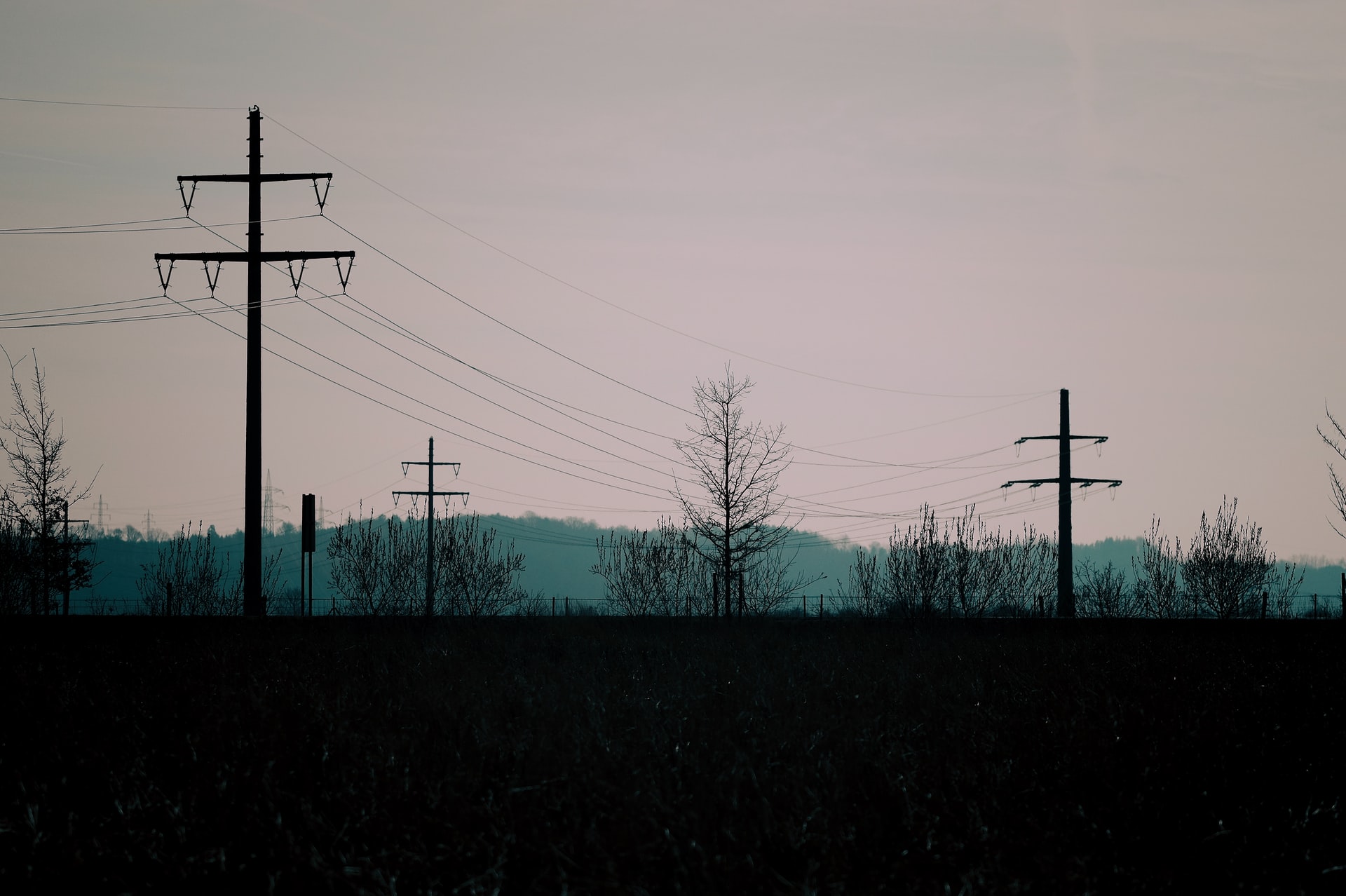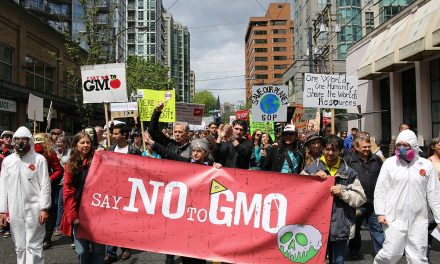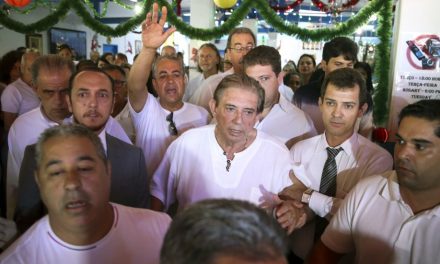Large portions of Venezuela remained without power on Tuesday, the day after the country suffered its fourth nationwide blackout this year. The country saw three major blackouts in March alone, with residents in poorer areas of Caracas and outside the capital hit the hardest.
Venezuelan Communications Minister Jorge Rodrigues said an “electromagnetic attack caused the nationwide blackout” and power companies along with government officials, are in the process of restoring the nation’s power grid.
RELATED STORY:
Netblocks, a non-profit organization dedicated to tracking outages, said that approximately 94% of Venezuela’s telecommunications infrastructure was hit by the outage, and internet connectivity across the country was only running at 10%.The group said even state television, a key source of government propaganda, was brought offline. Netblocks tweeted:
“Internet outages caused by electricity grid disruptions have a distinct network pattern used by NetBlocks to determine and attribute the root cause of an outage, a process known as attribution which follows detection and classification stages.”2
As of Tuesday morning, power had been restored to Caracas, the government said in a statement. The states of Mérida, Trujillo, Barinas and Aragua had seen a partial return of power, according to the statement, while the recovery was still in early stages elsewhere in the country.
RELATED STORY:
The government suspended all work and educational activities on Tuesday, while the Metro of Caracas was also closed. Rodriguez said citizens were urged to stay in their homes where possible.
A statement from the government called the blackout “an electromagnetic attack,” but it did not offer any details who they thought was responsible or how the attack was carried out. The statement also said that authorities were working to restore power as soon as possible, and were addressing other situations as well, such as drinking water access, the needs of health care centers, and public transportation systems. As of Monday evening, most of Venezuela’s 23 states had no internet connectivity.
RELATED STORY:
Venezuelan President Nicolas Maduro said that the country’s armed forces were mobilized to help deal with what he called a “criminal attack against the tranquility and the peace of the homeland.”
Blackouts have become a daily occurrence across Venezuela as the economic crisis has worsened, but one of this magnitude is rare.
The March blackouts halted mass transit in Caracas, disrupted operations at hospitals, and shuttered businesses and gas stations. Millions had no access to water for days, forcing some to travel long distances to gather water at streams or rivers. Several rural areas in the countryside never fully recovered from the March blackouts, with power continuously cutting in and out for hours or days at a time.
RELATED STORY:
Maduro blamed the current blackout, as well as the previous ones, on hostile attacks. He accused the United States of sabotaging power plants and the electricity grid.
The US denied the charges, and pulled all diplomatic personnel from its embassy in Caracas. Meanwhile, Guaidó and his supporters accused Maduro of failing to maintain public infrastructure and mishandling the income from the massive oil reserves in the country. Guaidó repeated his criticisms Monday on Twitter, calling the recurring blackouts a:
“latent humanitarian catastrophe” and lambasting “the corruption and incapacity of the regime.”1
Venezuela has been crippled by runaway inflation and food scarcity for years, and the outages have intensified a growing political crisis, with tens of thousands of citizens having left the country.
The widespread power outages and no internet connectivity have occurred just before Juan Guaidó, the self-proclaimed interim president of Venezuela, is expected to launch nationwide protests on Tuesday against Maduro.












